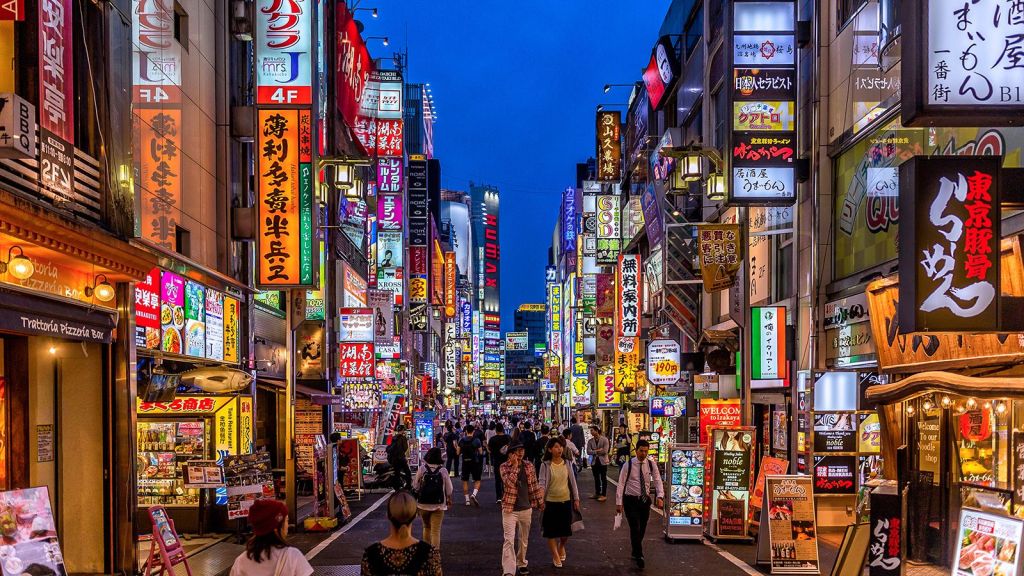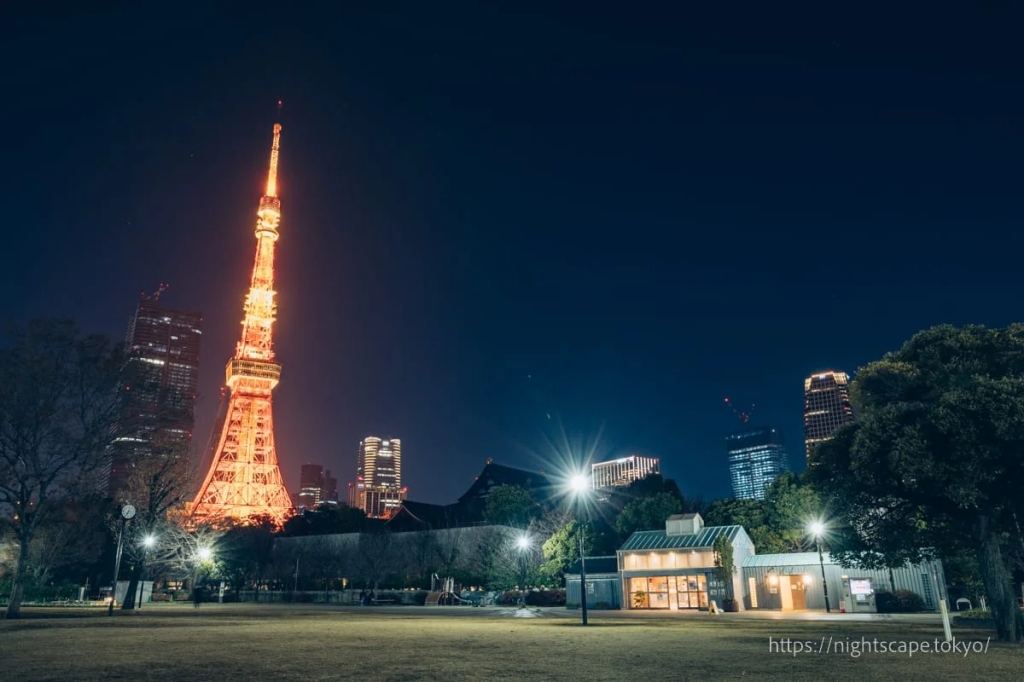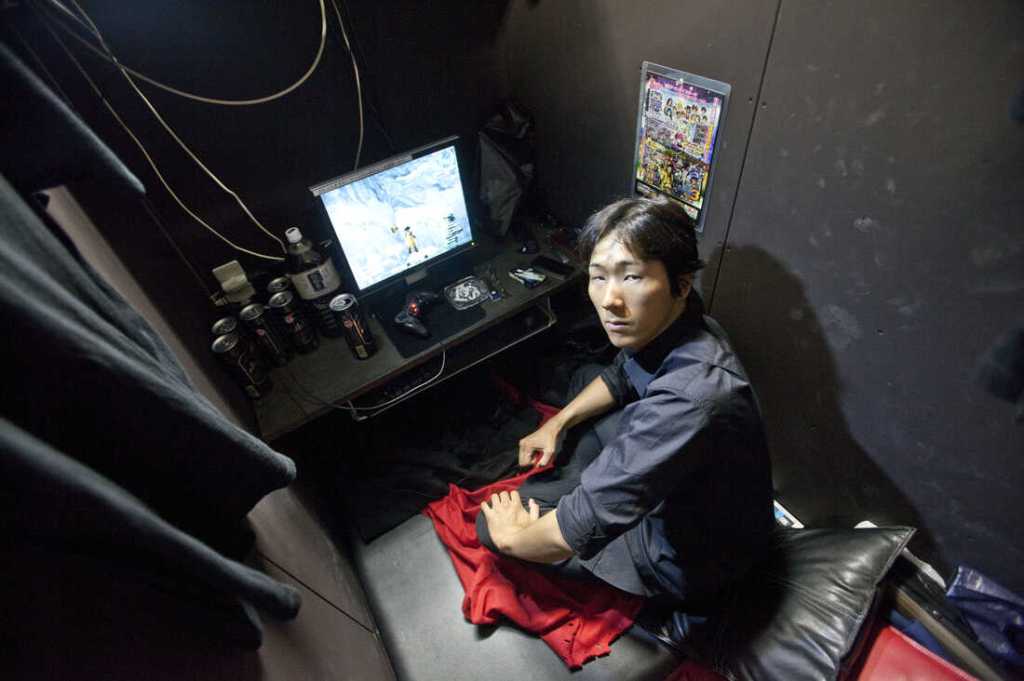Japan is a beautiful island nation in East Asia with a population of around 126 million individuals. It is surrounded by the Pacific Ocean, the Sea of Okhotsk, the Sea of Japan, and the East China Sea. Commonly referred to as the Land of the Rising Sun, Japan is widely recognized for its traditional culture, scenic beauty, culinary delights, and impeccable hygiene standards.
Japan’s exceptional geographic location is complemented by its remarkable rapid economic growth during the 20th century, making it the world’s leading country when it comes to cutting-edge technology, such as steel production, high-tech goods (especially consumer electronics), bullet trains and Japanese automobiles.
The service sector in Japan has gradually emerged as the predominant economic component, both in terms of the total amount of the national product and the number of employed citizens. This growth was due to an unprecedented increase in industrial production, the establishment of a large domestic market, and a strong policy of export trade.

Tokyo, Japan (Courtesy : CNN)
On a global economic scale, Japan holds the fourth-largest economic power position, surpassing only the United States, in terms of gross national product (GNP) or gross national income (GNI), a commonly used indicator of a nation’s wealth.
Despite being one of the world’s most populous nations, there is one specific statistic that sets Japan apart from any other developed country. It is the only country in the world with an almost zero homeless population rate.
According to the 2023 official numbers from Japan’s Ministry of Health, Labour and Welfare, there are about 3065 people in Japan who are homeless. This is about 0.003% of the population. This figure is significantly lower than that of countries such as Switzerland, and substantially higher than that of countries such as the United States. Why is the homeless rate in Japan so low compared to other western nations? Several factors are often cited as the cause.
To begin with, it’s incredibly difficult to be homeless in Japan, and many Japanese can attest to that. In Japanese culture, it is regarded as a negative aspect to be homeless. In Japan, people aren’t concerned about homeless people and think they’re responsible for their situation. Most people who are homeless in Japan are men, who are usually expected to be independent, and their failure to do so is considered an embarrassment by both the public and themselves. Because of this social stigma, it’s harder to be homeless in Japan than in any other country. In Japan, it is almost illegal to beg or sleep on the streets.
Cities such as Tokyo are known for their anti-homeless or hostile architecture. Many parks in Tokyo are being locked at night to keep homeless people from sleeping there or hiring security guards to take them out. There are also benches with special features to discourage homeless people from using them. This measure was put in place by the government to stop homeless people from living on the streets, making it a very difficult and socially unacceptable situation to be homeless. Besides, most Japanese don’t like going out at night, and they’d prefer their parks to be empty of wandering sleepers. Despite not being specifically designed to alleviate homelessness, the distinct policies implemented by the Japanese government have contributed significantly to its reduction.

Shiba Park, Tokyo (Courtesy: nightscape tokyo)
Japan also has very strict rules about drugs, except for alcohol. If you are caught with any substance that is related to drugs, you will be subject to severe punishment. Due to this stringent policy, only 1.6% of the Japanese populace attempted drugs during their lifetime, in contrast to 46% of the American populace. This means that drug addiction is rare in Japan, which is why there aren’t many homeless people there. Furthermore, Japan boasts an excellent health care system, which is crucial. While it is probable that 30 to 35% of homeless Americans with a mental illness will be relegated to the streets, individuals with severe mental illness in Japan are incarcerated in a mental health facilities.
Another reason for Japans low rate of homelessness is because the housing stock is more accessible than in other developed countries. Unlike most western countries, where building houses is difficult because of many government rules, Japan decided to be more prudent and remove some rules. This made building a house in Japan simpler for those who can afford it.
After reading this, one might think that Japan is a great country because they solved a big problem in society called homelessness. However, there is a dark side to it. Even though the Japanese government says there are not many homeless people, the truth is much worse. What they don’t want you to know is that there are many people without a home in Japan who are still unaccounted for.
Japan’s Lost Decade of 1990
Following the collapse of the fabled economic bubble of the 1980s, the Japanese economy suffered a prolonged recession in the 1990s. The Japanese stock market deteriorated, and by the middle of 1992, equity values had plummeted by around 60% Land prices went down a year after stock prices. At first, they went down faster than equity prices, but they kept going down until the 1990s and early 2000. This time in Japan’s history is considered as the lost decade.
This hurt their economy and made it hard for Japanese to find a regular job with a good salary in the years that followed. Many Japanese were forced to work part-time jobs that did not pay well. They became known as Japan’s lost generation because they were unable to recover from that economic setback. Some individuals who were subjected to the economic hardship, commonly referred to as the lost generations, gradually began to experience a lack of social standing, a lack of a place in society, and a lack of prospects for the future. Because of this, many of them couldn’t find a place to live and pay rent regularly, even in a country like Japan.
Despite their financial difficulties, they did everything they could to avoid staying on the streets, which they knew would bring shame and stigma. This resulted in the emergence of the Cyber Homelessness phenomenon (サイバーホームレス, saibā hōmuresu), which later gained popularity in Japan. As Japan boasts a vast network of internet and manga cafés that are open 24 hours a day, where individuals can pay by the hour and remain for as long as they desire, cyber-homelessness became a prevalent phenomenon.
People who didn’t have homes started sleeping in cybercafés by paying by the hour to avoid being homeless because of the Japanese government’s anti-homeless policies and social stigma. This led to a significant number of Japan’s lost generation turning to online cafés as temporary respites.
Due to a lack of beds in cybercafés, people would often sleep in computer cubicles. Eventually, cybercafé owners realized that their business was more than just a place to do business online. They decided to start a hospitality business at their cybercafés by offering food, drinks, and a shower to people who came to pay and stay. Gradually, this trend developed into a flourishing industry.
Today, in Japan, cybercafés are like commercial shelters for homeless people. You have to pay for them yourself, which is not cheap. The cost for staying in a small booth for the night is usually between 17 and 30 dollars. The net café refugees, as they’re now known in Japan, typically have a low-paying part-time or temporary job that’s not enough to secure a decent place to live. Cybercafés became their only place of shelter.
Even so, there were still people who cannot afford to spend a few dollars at these cybercafés. This made many net café refugees not able to do many things because they don’t have a place to live or a home. Some Japanese who adapted to this situation started to like it because they mostly work at daytime and try to keep their looks decent to avoid the stigma that comes with being homeless in Japan. This is the reason for the low government statistics regarding homeless individuals in Japan, as most of them prefer to reside in cybercafés rather than on the streets.

Cyberhomelessness (Courtesy of Shiho Fukada/Panos Pictures)
There are many homeless people in Japan who are not recorded because they would face shame and stigma if they revealed their situation. According to estimates by non-governmental organizations in Japan, there are more homeless individuals in Japan than the government claims, and this figure does not include those who reside in cybercafés. Since 2020, it has been estimated that a minimum of 15,000 individuals reside in cybercafés in Tokyo alone, which is five times the official number of homeless people in Japan.
The Big Picture
In some ways, the phenomenon of cyberhomelessness can be considered positive because it helps people avoid falling into poverty. Even though they are without a place to live, it helps them maintain their dignity. The existence of the net café refugees serves as a poignant illustration of the significant obstacles that confront Japanese society.
The Japanese workforce has around 22 million people who work part-time or on a temporary basis, and it’s not because they want to, but because they can’t land a regular full-time job. Even though not all of these people are homeless, most of them don’t make enough money to pay regular rent. For a one-bedroom flat in Tokyo, the monthly rent can exceed 50,000 yen ($1,713). In other cities, a one-bedroom flat may cost around 82,000 yen ($562). Even though rental costs are hugely different, the average rent in the United States is higher than both.
Although Japan has a significantly lower official homelessness rate than the United States, the proportion of Japanese people living impoverished is actually higher in Japan than in the United States. While a few may end up homeless, a substantial number of them end up living in cybercafés and capsule lodgings. This is because, due to social pressure, they prefer to keep their identities a secret, and the saddest thing is that both the Japanese government and the public would prefer it that way.
Images courtesy of the japan times